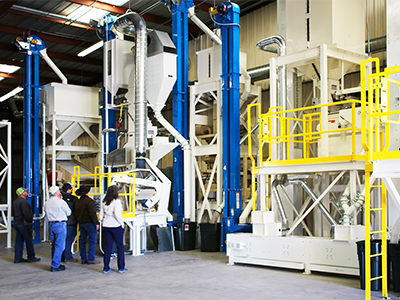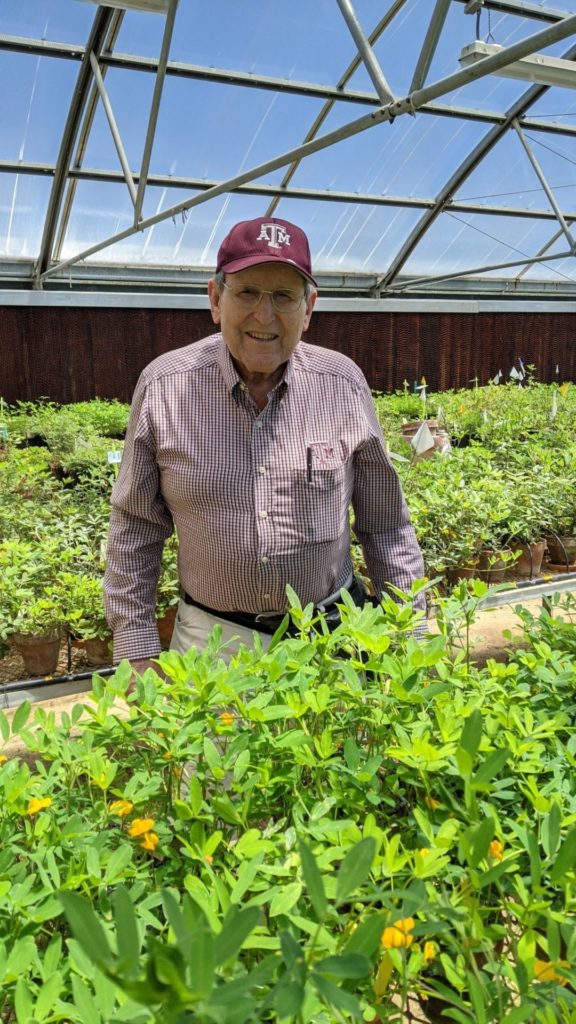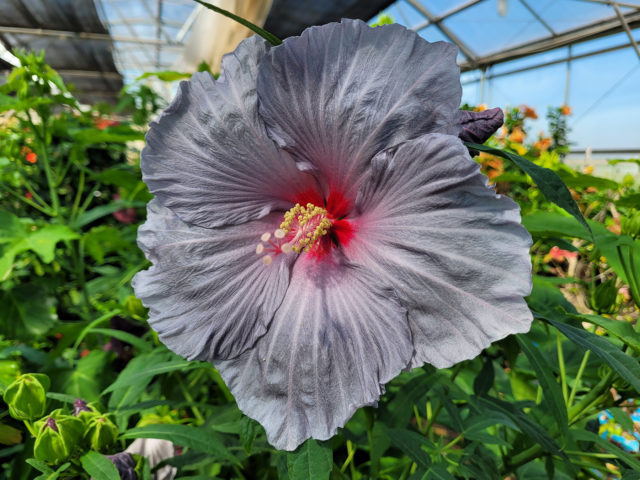Projects to improve sorghum, corn, peanuts and wheat cultivar production
Four Texas A&M College of Agriculture and Life Sciences Department of Soil and Crop Sciences plant breeding program development projects have been funded by the U.S. Department of Agriculture’s National Institute of Food and Agriculture, NIFA. These programs are aimed at enhancing sorghum, corn, peanut and wheat cultivars for farmer use.
NIFA invested over $8.65 million in 22 Plant Breeding for Agricultural Production grants through its Agriculture and Food Research Initiative program. Four of those grants, totaling $1.75 million, will support further research by Texas A&M AgriLife Research plant breeders.
“This is a fantastic program for advancing our national plant breeding effort,” said David Baltensperger, Ph.D., head of the Department of Soil and Crop Sciences. “We are extremely fortunate to have four projects selected for this program. These projects will make a difference not only for Texas, but for our nation.”
Baltensperger also pointed out that the faculty members leading these grants are all engaged in training future breeders by working with students in each project. Texas A&M offers both a campus-based and a distance plant breeding program that allows students to participate in and get hands-on experience in the breeding process.
NIFA director Carrie Castille, Ph.D., said in the announcement of the grants, “These innovative projects will advance crop production efficiency, healthfulness, product quality and the value of U.S. agricultural plants while increasing farmer profitability and sustainability.”





